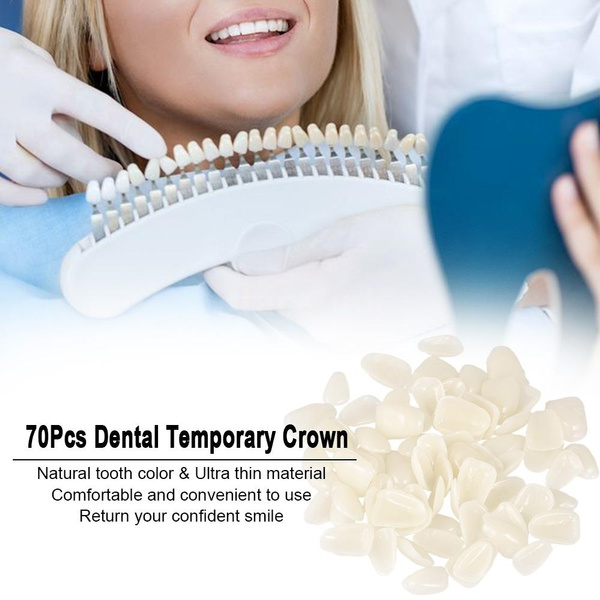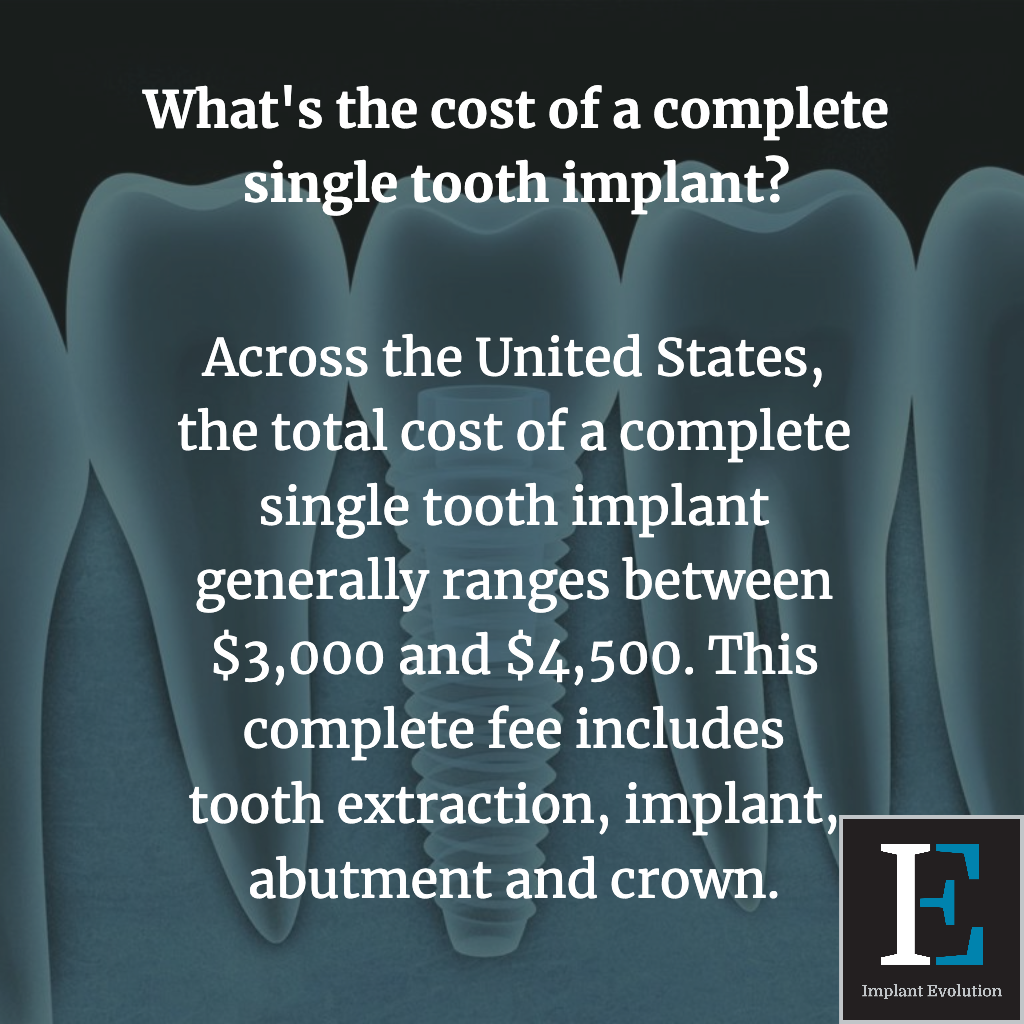Teeth Whitening And Crowns

When it comes to achieving a radiant smile, two popular dental procedures often come to mind: teeth whitening and crowns. While they serve different purposes, both can significantly enhance the appearance of your teeth. In this comprehensive guide, we’ll delve into the world of teeth whitening and crowns, exploring their benefits, procedures, and what you can expect from each.
The Quest for a Brighter Smile: Teeth Whitening
Teeth whitening is a non-invasive, cosmetic procedure designed to remove stains and discoloration from the surface of your teeth. This treatment can be performed in a dental office or at home using specialized kits. The goal is to achieve a brighter, more vibrant smile that boosts your confidence and enhances your overall appearance.
There are two primary types of teeth whitening: in-office and at-home whitening. In-office whitening involves applying a high-concentration bleaching agent to your teeth, which is then activated by a special light. This process typically takes about an hour and can produce remarkable results.
At-home whitening, on the other hand, involves using custom-made trays or strips infused with a lower concentration bleaching agent. These trays or strips are applied to your teeth for a specified period, usually several hours a day or overnight, over a period of several weeks.
The Advantages of Teeth Whitening
- Convenience: Teeth whitening is a relatively quick and painless procedure that can be completed in a short amount of time.
- Cost-effective: Compared to other cosmetic dental procedures, teeth whitening is a relatively affordable option.
- Noticeable results: Teeth whitening can produce dramatic results, leaving your teeth looking significantly brighter and more radiant.
- Boosts confidence: A brighter, whiter smile can greatly enhance your self-confidence and overall quality of life.
The Art of Restoration: Crowns
Dental crowns, also known as caps, are custom-made restorations designed to cover and protect a damaged or compromised tooth. Crowns can be made from a variety of materials, including porcelain, ceramic, and gold. They are typically used to:
- Repair cracked or broken teeth: Crowns can help hold together a tooth that has been damaged due to trauma or decay.
- Cover discolored teeth: Crowns can be used to conceal teeth that are severely discolored or stained.
- Support a dental bridge: Crowns can serve as anchors for a dental bridge, providing additional support and stability.
- Enhance the appearance of a tooth: Crowns can be used to reshape or resize a tooth, improving the overall aesthetic of your smile.
The Process of Getting a Crown
- Preparation: Your dentist will prepare the tooth by removing any decay or damaged areas.
- Impression: An impression of your tooth will be taken to create a custom-made crown.
- Temporary crown: A temporary crown will be placed on your tooth while the permanent crown is being created.
- Placement: The permanent crown will be cemented into place, and any necessary adjustments will be made.
Comparing Teeth Whitening and Crowns
While both teeth whitening and crowns can enhance the appearance of your teeth, they serve distinct purposes. Teeth whitening is primarily used to address surface stains and discoloration, whereas crowns are used to repair or restore damaged teeth.
| Teeth Whitening | Crowns | |
|---|---|---|
| Purpose | Cosmetic procedure to remove surface stains | Restorative procedure to repair or cover a damaged tooth |
| Procedure | In-office or at-home bleaching | Preparation, impression, temporary crown, and placement |
| Results | Brighter, whiter teeth | Restored tooth function and appearance |
| Cost | Relatively affordable | More expensive than teeth whitening |

Frequently Asked Questions
How long do teeth whitening results last?
+Teeth whitening results can last anywhere from several months to several years, depending on your lifestyle and oral hygiene habits. To maintain your results, it's essential to avoid staining foods and drinks, such as coffee and red wine, and to practice good oral care.
Are crowns permanent?
+Crowns are designed to be long-lasting restorations, but they may need to be replaced over time. With proper care and maintenance, crowns can last anywhere from 10 to 30 years or more.
Can I get teeth whitening if I have crowns or veneers?
+Yes, you can still get teeth whitening if you have crowns or veneers. However, it's essential to consult with your dentist to determine the best approach. Your dentist may recommend whitening your natural teeth and then matching your crowns or veneers to the new shade.
In conclusion, teeth whitening and crowns are two distinct dental procedures that can enhance the appearance and function of your teeth. By understanding the benefits, procedures, and results of each, you can make informed decisions about your oral care and achieve the radiant smile you deserve. Remember to consult with your dentist to determine the best course of treatment for your unique needs and goals.

